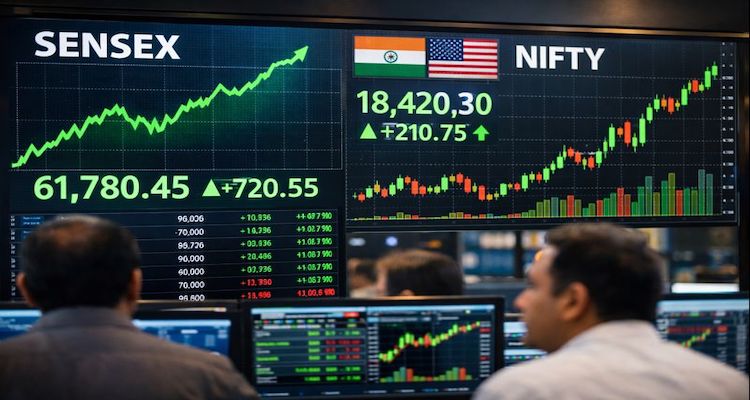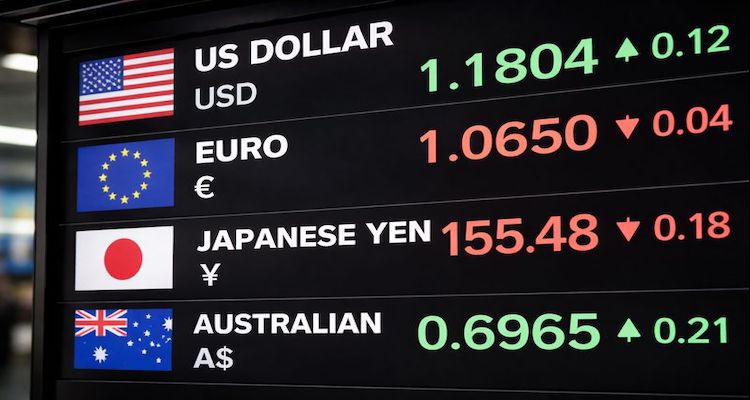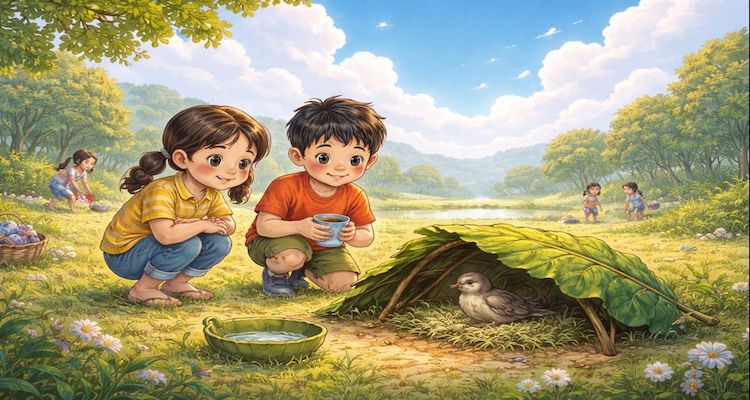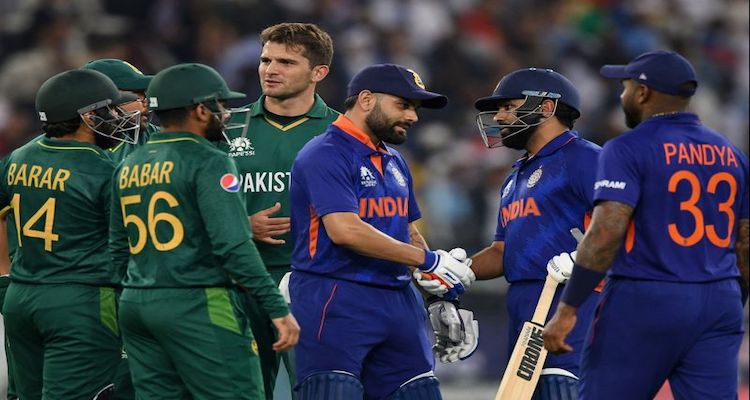Arjuna’s Dilemma and Decision Fatigue: A Psychological Lens on the Gita
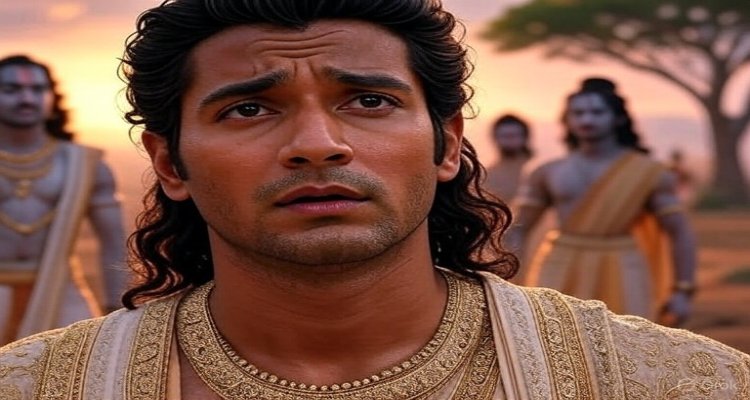
Exploring Arjuna’s dilemma in the Bhagavad Gita through modern psychology, linking decision fatigue with timeless lessons on clarity, duty, and resilience.
Introduction: When Choices Overwhelm the Mind
Picture a warrior standing on the battlefield, his bow slipping from his hands—not from fear of the enemy, but from the crushing weight of choice. This is Arjuna in the Bhagavad Gita, frozen by doubt before the great war of Kurukshetra. His inner conflict, often seen as spiritual or philosophical, also mirrors what modern psychology calls decision fatigue.
In an age of constant notifications, career crossroads, and endless options, Arjuna’s moment of paralysis speaks directly to the modern human struggle: how do we make clear choices when the mind itself is exhausted?
Context & Background: The Warrior and the War Within
The Bhagavad Gita, a dialogue between Arjuna and Krishna, emerges at the start of the epic Mahabharata war. Arjuna, the greatest archer of his time, finds himself unable to fight his own relatives, teachers, and friends across the battlefield.
His hesitation wasn’t just about ethics—it was about identity, responsibility, and conflicting values. Should he follow dharma (duty as a warrior) or his conscience that recoils from bloodshed? This inner turmoil reflects a universal condition: the paralysis that comes when choices feel too heavy to carry.
Main Developments: From Ancient Dilemma to Modern Psychology
In psychological terms, Arjuna experienced what researchers today call decision fatigue—the mental exhaustion caused by having to make too many difficult choices. Studies show that the brain, much like a muscle, tires after repeated decision-making, leading to indecision, avoidance, or impulsive choices.
Arjuna’s symptoms are familiar:
- Physical breakdown – he drops his bow, overwhelmed by stress.
- Emotional flooding – sorrow and confusion cloud his judgment.
- Moral paralysis – torn between competing values, he can neither retreat nor advance.
This ancient narrative becomes strikingly modern when we realize that executives, parents, and even everyday individuals face a similar struggle. From choosing investments to picking dinner, the overload of decisions can sap clarity and willpower.
Expert Insight: Lessons from Psychology and Philosophy
Dr. Roy Baumeister, who pioneered research on willpower, explains: “Decision-making depletes mental energy, and depleted energy makes subsequent decisions harder.” This echoes Arjuna’s state, where one overwhelming choice renders him incapable of action.
Psychologists also note that decision fatigue often leads to avoidance or outsourcing choices to authority figures. In Arjuna’s case, he turns to Krishna, asking for guidance. Krishna’s counsel—detachment from outcomes and focus on duty—aligns with what modern therapists recommend: reframing perspective, prioritizing values, and reducing mental clutter.
Spiritual scholar Dr. Ananya Mukherjee adds: “The Gita offers a timeless psychological toolkit. It teaches us to center the mind, act without overattachment, and restore clarity amidst chaos.”
Impact & Implications: Why Arjuna Still Matters
Arjuna’s dilemma is more than a story—it’s a mirror for modern decision-making. From CEOs suffering burnout to students overwhelmed by career options, the struggle is universal. The Gita’s counsel to act with focus, align with one’s deeper purpose, and reduce overthinking resonates as practical wisdom.
The implications extend beyond individuals:
- Workplace clarity – Reducing unnecessary decisions (like Steve Jobs’ identical outfits) frees cognitive energy for bigger challenges.
- Mental health – Recognizing decision fatigue can prevent anxiety and paralysis.
- Spiritual resilience – Viewing choices through values rather than outcomes builds long-term peace of mind.
Conclusion: From Kurukshetra to Everyday Life
Arjuna’s dilemma wasn’t just about a battlefield—it was about the battlefield of the mind. His struggle with decision fatigue teaches us that clarity doesn’t come from endless analysis but from anchoring in purpose. Krishna’s timeless reminder—that action aligned with duty liberates us from paralysis—remains as relevant in today’s boardrooms and living rooms as it was on the fields of Kurukshetra.
In an era overflowing with choices, the Gita whispers a simple truth: strength comes not from avoiding decisions, but from aligning them with the deeper call of our values.
Disclaimer : This article provides a psychological interpretation of a spiritual text. It is intended for educational and reflective purposes, not as religious or clinical advice.



